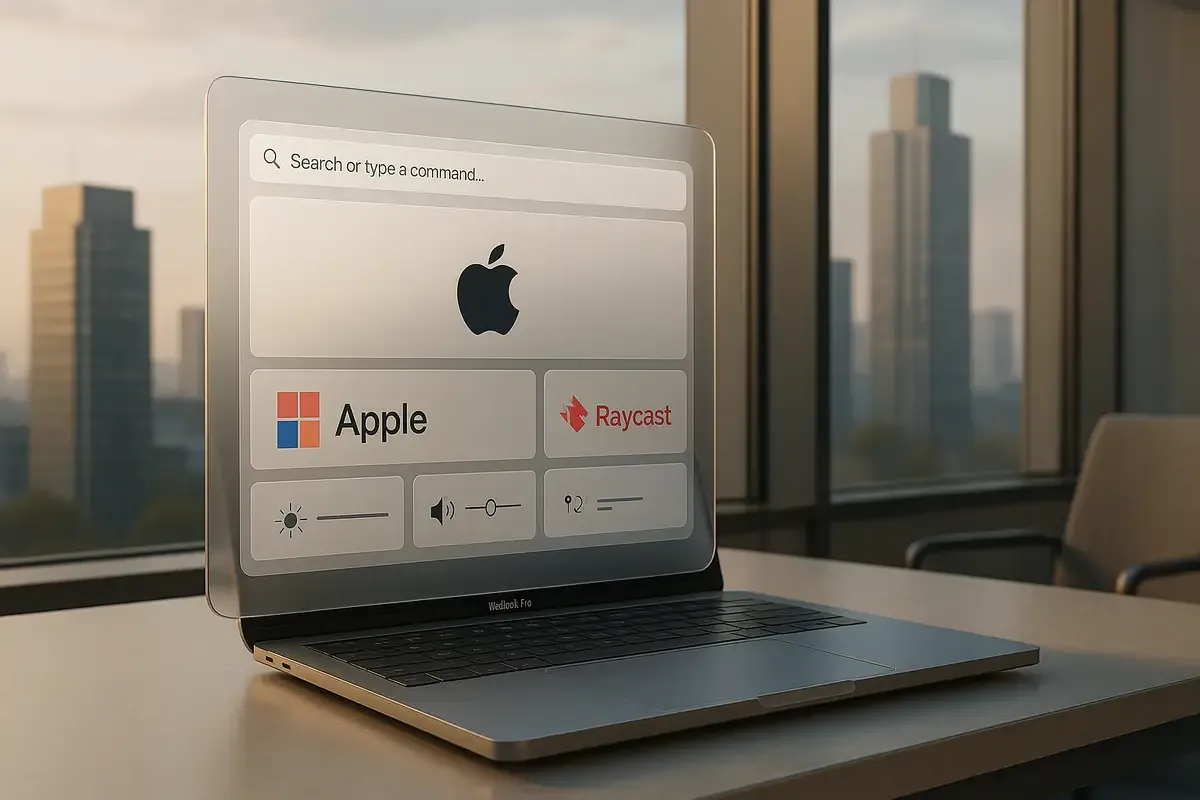Apple's at one of those crossroads where hesitation equals regret. A tiny team in London just outmaneuvered Cupertino on its home turf—and no one's noticed yet.
Raycast is what Spotlight could've become but didn't. With just 30 employees, the startup turned a mundane system utility into the beating heart of the modern Mac workflow. Apple, meanwhile, is still pitching a Siri overhaul that won't land before mid-2026.
Let's not overcomplicate this: Apple should acquire Raycast. Before someone else does.
The Missed Step in Apple's AI Playbook
Apple spent years dismissing chatbots as gimmicks. Then it watched OpenAI change everything—and reversed course. Now it's playing catch-up with a lightweight LLM project and a reorganized Siri team, working under pressure and behind schedule.
Raycast, by contrast, didn't wait. It built the command layer that Apple needs now: sleek, fast, extensible, and deeply tied into the Mac ecosystem. Developers embraced it first. Now power users are making it default.
This isn't about replacing Spotlight. It's about rethinking interaction. Raycast brings together search, calendar, notes, and system control in one streamlined command interface—ready-made for AI agents. It's what a computer built for AI actually looks like.
Apple's trying to build that future. Raycast already ships it.
The Case for Buying, Not Building
Raycast has raised under $50 million. Apple earns that during a long lunch break. But this isn't about cost—it's about speed and what's already working.
Here's what Apple gets:
Raycast already has the users Apple needs—developers and the professionals who set tech trends for everyone else. The design fits Mac perfectly. No retrofitting required. The extension system works like the App Store, but for workflows. The team knows how to build this stuff.
While Apple loses AI talent to Meta, it could bring in engineers who already solved the interface problem Apple is now trying to define.
And with the $20 billion Google search deal always at risk, Raycast gives Apple a foundation for its own intelligent search—one that's useful right now.
The Strategic Threat of Inaction
Apple doesn't have forever to decide. Raycast is perfect for Microsoft, which would slot it alongside Copilot. Google could snap it up to anchor Workspace. Meta might use it as the shell for its AI computing vision.
Microsoft will grab this in six months if Apple doesn't move. Each competitor has every reason to act fast.
The days when Apple could wait, then dominate, are gone. AI moves too quickly for that playbook.
What looked like discipline in 2015 feels like inertia in 2025.
Think Different—Then Buy It
Some will say Raycast competes with Spotlight. They're missing the point. Raycast doesn't compete with Spotlight—users are replacing Spotlight with it.
Apple doesn't need to reinvent productivity. It just needs to recognize the team that already nailed it—and move.
This is one of those rare windows where a startup fits the buyer, the product fits the platform, and the strategy fits the moment.
If Apple hesitates, someone else will act. And in two years, people will wonder: why didn't Apple make the obvious move when it had the chance?
Raycast is a rare alignment of product, talent, timing, and strategy. It's a smarter Spotlight. A native AI command layer. And a startup that makes Apple look slow.
Buy it. Before Microsoft does.









